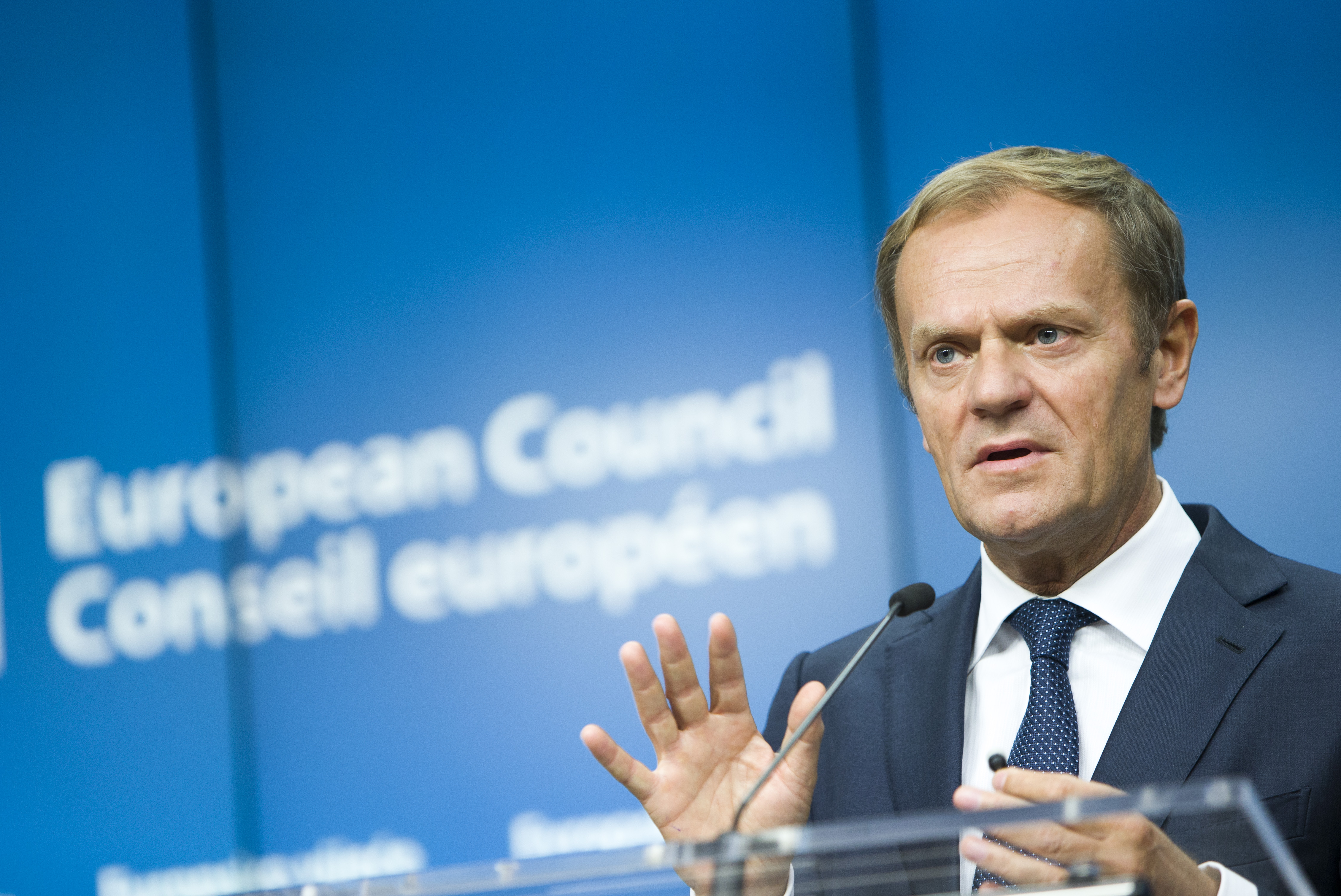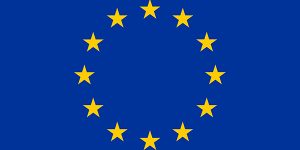Main results
The EU leaders met on 20 and 21 October in Brussels. They exchanged views on the most pressing issues.
On Thursday they discussed migration and Russia, including its role in Syria. On Friday the EU leaders met again to discuss trade issues.
“I remain concerned, for a good trade agreement with a close partner like Canada and for Europe’s reputation. All member states but one endorsed the agreement,” said President Tusk at the press conference following the meeting.
- European Council conclusions, 20-21 October 2016
- Final remarks by President Donald Tusk after the European Council meeting on 20-21 October 2016
- Remarks by President Donald Tusk following the first day of the European Council meeting
Migration
Central Mediterranean route
EU leaders said that illegal migration along the Central Mediterranean route needed to be further reduced and return rates improved. In this context, they highlighted the importance of cooperation with African countries of origin and transit for migrants and said the necessary leverage could be applied by means of relevant EU policies and tools, including development and trade.
They asked EU High Representative, Federica Mogherini, to present “the first results” of cooperation with the five selected African countries at the EU summit in December.
They also reiterated the importance of tackling the root causes of migration and called on all global players to shoulder their responsibilities.
External borders
EU leaders said that the recent launch of the EU Border and Coast Guard and national efforts were important steps for strengthening control of the EU external borders and getting back to Schengen by adjusting the temporary internal border controls to current needs.
They also discussed the protection of external borders. They called for a swift adoption of revised Schengen rules to enforce systematic controls at EU borders. They also asked the Commission to table a draft law that would set up a European system for advance security checks on visa-free travellers and to allow entry bans where necessary.
Eastern Mediterranean route
EU leaders called for:
- faster returns from the Greek islands to Turkey
- assistance by EU countries to Greece, if it’s deemed necessary by EU agencies
- further progress on the commitments contained in the EU-Turkey statement, including visa liberalisation
The leaders asked EU countries to boost the relocation of migrants, especially for unaccompanied minors.
They also called for further work on the reform of EU asylum rules, including the application of the principles of responsibility and solidarity.
Trade
The European Council assessed the state of play of on-going free trade agreement negotiations with key partners. Leaders underlined the importance of a swift decision to sign and provisionally apply the EU-Canada Comprehensive Economic and Trade Agreement. They called for negotiations of the outstanding issues as soon as possible.
EU leaders invited the Commission to actively pursue negotiations on a freetrade agreement with Japan. Leaders also invited the Commission to present an ambitious, balanced and comprehensive free trade agreement with the US.
The European Council stressed that unfair trade practices need to be tackled efficiently and that it is of crucial importance that the EU’s trade defence instruments are effective in the face of global challenges. They said that the comprehensive modernisation of all these instruments should be agreed by the Council by the end of 2016.
Global and economic issues
EU leaders welcomed the EU’s ratification of the Paris agreement on climate change, which triggered its entry into force. The European Council will continue to give strategic orientations on the related legislative proposals.
The European Council reiterated its call for single market strategies to be implemented by 2018. These include:
- digital single market
- capital markets union
- energy union
- the single market agenda
- Energy union: secure, sustainable, competitive and affordable energy for Europe
- Capital markets union
- Digital single market for Europe
The European Council also called on to the Council to reach an agreement on its negotiating position on the new proposal on the European fund for strategic investments at its meeting on 6 December.
Relations with Russia and the situation in Syria
The European Council strongly condemned the attacks by the Syrian regime and its allies, notably Russia, on civilians in Aleppo.
It called for:
- urgent and unhindered humanitarian access to Aleppo and other parts of the country
- an immediate cessation of hostilities and resumption of a political process under the auspices of the UN
Leaders also stressed that those responsible for breaches of international humanitarian law and human rights law must be held accountable. The EU is considering all options, if the current atrocities continue.
Leaders invited the High Representative to continue pursuing the EU humanitarian initiative and medical evacuations in cooperation with the UN.
The EU will also work on reaching out to the key actors in the region on a political transition and on preparations for post-conflict reconciliation and reconstruction.
Bratislava follow-up
Leaders took stock of the state-of-play regarding the Bratislava Roadmap. Prime Minister Fico briefed them on the results so far, including the Paris Agreement ratification and the launch of the European Border and Coast Guard.
Over the dinner, Prime Minister May provided a short update on Brexit and Prime Minister Rutte briefed the leaders on the situation in the Netherlands in the context of the Ukraine referendum.



